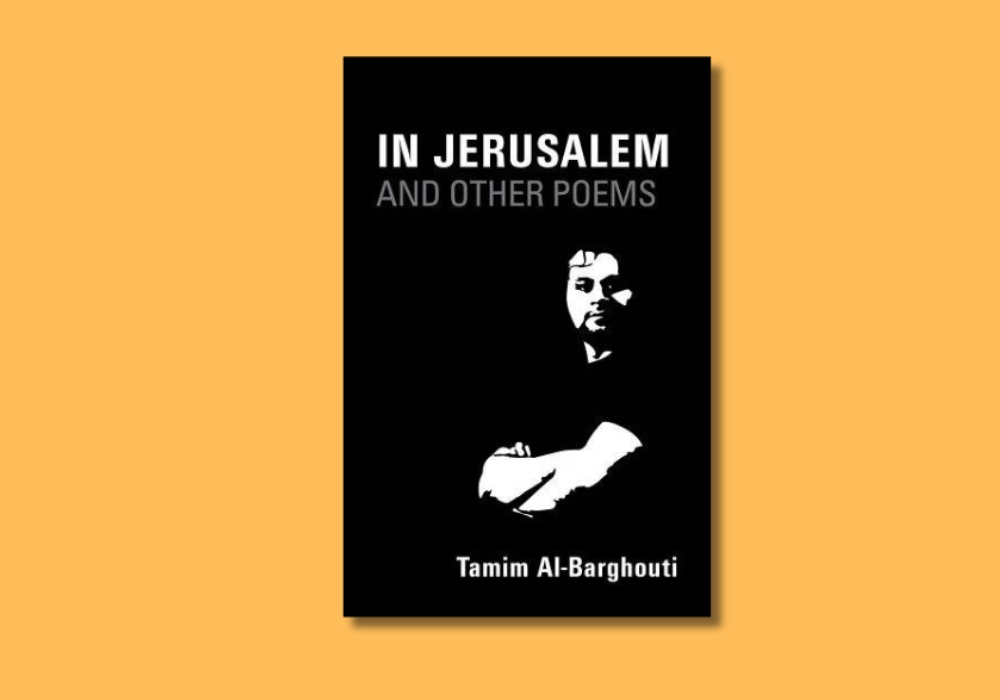Bryan Mendoza’s translation of Julio Pazos Barrera's “Pegasus Autopsy” was one of four winners of WWB’s 2020 Poems in Translation contest, presented in partnership with the Academy of American Poets. The winning selections will be published in POETS.org's Poem-a-Day series and in Words Without Borders every Saturday this September, which is National Translation Month, and into the first week of October. Bryan Mendoza will be participating in WWB and AAP's virtual event celebrating the contest winners, “World in Verse: A Multilingual Poetry Reading,” on October 7.
WWB: Bryan, what drew you to Julio Pazos Barrera’s work?
Bryan Mendoza: I had the pleasure of meeting Julio in the summer of 2018, while I was doing a study abroad program with Yale University. He sat down with our class one evening for dinner and spoke about his poetry and his experiences with writing. For me it was quite an unforgettable experience, and I felt a special connection to his work from that point on.
WWB: What were the challenges and pleasures of translating “Pegasus Autopsy”?
Bryan Mendoza: “Pegasus Autopsy” is a haunting poem, and I tried my best to capture that energy with my translation (and had fun doing so!). One of the main challenges was working with the third stanza, in which both Pegasus’s body and the motives of the universe have to be surgically brought together. The difficulty was mainly in how concise the Spanish was—to re-create that in English took some trial and error.
WWB: Were you in conversation about the translation? If so, what was the process of working together like, and were there particular issues you ended up discussing?
Bryan Mendoza: Julio and I were not in conversation about this specific translation, but he is aware of my ongoing project of translating some of his collections.
WWB: Are there contemporary Ecuadorian poets (or Spanish-language poets more generally) you wish more people were reading?
Bryan Mendoza: Some of my favorite Spanish-language poets are Nicolás Guillén and Federico García Lorca, among others. Lorca’s poetry is full of images of nature and depictions of life and death, while Guillén’s work is memorable for its focus on issues of race, culture, language, and ethnicity.
There is also something special about discovering a poet who isn’t well known or read. I’d encourage readers to look for poets who haven’t been published outside their native countries, because there is a chance these readers will find something that truly resonates with them.
Born in Miami, Florida, in 1998, Bryan Mendoza is currently a senior at Yale University studying literature and comparative cultures. He spends most of his time as a volunteer instructor for Yale’s Splash and Sprout teaching programs and working at the Sterling Memorial Library. Bryan aims to focus on translation studies during his last year at Yale and become an educator.
Read Julio Pazos Barrera's “Pegasus Autopsy,” translated from Spanish by Bryan Mendoza.










